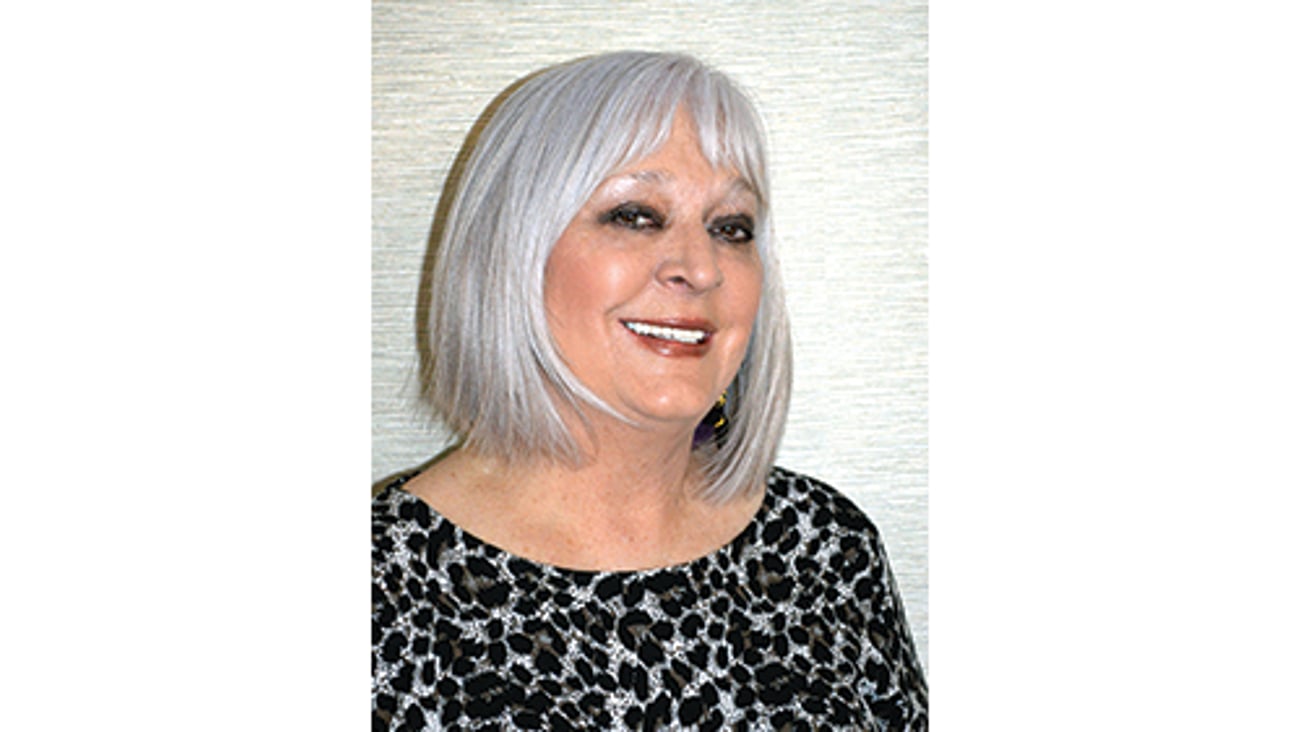Protecting Patient Access to Pharmacies
With Congress returning from summer recess and the November election looming, members have the opportunity to take on some of the kitchen table issues that affect the lives of their constituents. Despite seeming inaction in Washington, on so many issues, more than 150 members of Congress have signed onto legislation that would recognize the critical role played by pharmacists in serving patients across the country by allowing Medicare reimbursement for certain clinical services.
In this divided political time, it’s pretty remarkable that a nearly equal number of Democrats and Republicans are currently supporting the reciprocal bills in both the House and Senate, and more co-sponsors are likely on the way. What’s more, nearly 150 organizations also support this legislation. Elected officials and health care companies are taking action to ensure that patient care delivered in pharmacies can be a covered service for our nation’s seniors.
The Equitable Community Access to Pharmacist Services Act would make permanent Medicare coverage of certain pharmacist services, several of which took place during COVID. When doctors’ offices were overwhelmed during the pandemic, people turned to their pharmacists to seek out testing, vaccines and treatment for COVID, as well as flu, respiratory diseases and other common conditions.
The care being offered at pharmacies continues to evolve and grow to better meet community health needs. Today, diagnostics such as point-of-care testing for flu, strep throat and COVID are available at many pharmacies. This convenient access to care is particularly important in rural areas because nearly half of U.S. counties already face shortages of primary care providers with just 1 doctor for every 1,500 people.
The United States is facing a shortage of primary care physicians that is projected to only get worse. The American Association of Medical Colleges expects that by 2032 there will be a shortage of up to 122,000 physicians, including up to 55,000 in primary care and 66,000 in other specialties. Augmenting some of these health care gaps with pharmacists is both necessary and urgent to ensure people have access to the services they need.
These evolving trends of convenience and access aren’t just being driven by new rules and healthcare providers. They reflect the preferences of patients.
More consumers are making the decision to get their care in pharmacy clinics, driving a 200% increase in access to healthcare at pharmacies in the last five years. More than half of all Americans visited a pharmacy for a healthcare service in 2023, and we expect this number to continue to rise. Not only that, pharmacies are becoming a preferred option for care. A survey found that nearly 3 out of five Americans went to the pharmacy first to address their healthcare needs. But convenience is just one of the drivers why consumers seek out care. Cost is another.
Consumers are seeking out quality care that costs less. According to a recent Washington State University study, the median cost of care across traditional sites of care was $277.78 higher than community pharmacy-provided care.
Access, convenience and cost are all factors that will continue to drive changes in healthcare delivery. The pharmacy sits at a critical junction of these concerns. But people won’t be able to access critical and ever-growing types of healthcare services at their preferred location, the pharmacy, if payors are reluctant to reimburse for these services.
ECAPS legislation would require Medicare to reimburse pharmacies for the services that people are already using and want to continue to use. And that’s why it’s critical that Congress advance ECAPS this fall. However, to truly ensure the availability of services and reimbursement, next the states will need to decide on whether to expand the pharmacist’s scope of practice or not.
David Pope, Pharm.D., is Chief Pharmacy Officer at XiFin




